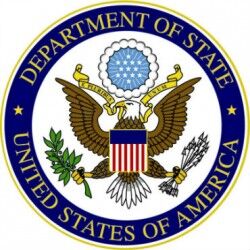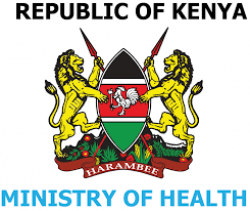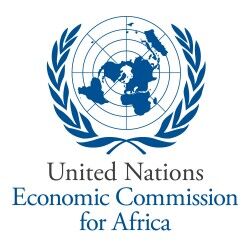Record Forex Reserves Spark Optimism

The record rise of Tanzania's forex reserves has sparked optimism among local economists over the country's economic prospects. Tanzania's total foreign reserves reached a historical high, sailing well above the regional benchmarks thanks to export diversifications notably rice and edible vegetables.
The increase in export earnings from these items helped to cushion the deficit of revenues generated from tourism impacted heavily by COVID-19 pandemic. Also, the improvement of cross border business contributed to increase in exports. The reserve amount of 6,714 billion US Dollars recorded in September not only covers seven months of imports of goods and services but also was above the monthly average since “Uhuru” (60 years ago).
The reserves went up despite increasing demand for imports by 8,7 per cent due to the expansion of economic activities. The Bank of Tanzania (BoT) latest monthly economic review issued last week showed that foreign reserves shot to 6,714 billion US Dollars from 4,939 billion US Dollars last September, amid a Coronavirus pandemic. “The level of reserves was in line with the country benchmark of at least four months, as well as EAC and SADC convergence criteria of at least 4,5 and 6 months, respectively,” the central bank report said.
The central bank attributed the reserve increase to exports of goods and services that increased by 6,1 percent to 9,44 billion US Dollars for the month ending September from 8,889 billion US Dollars in the corresponding period last year. BoT attributed the increased export volume mainly to the rise in exports of minerals, manufactured goods, cereals and horticultural products.
There also was a notable increase in exports of rice, maize and beans to neighbouring countries. “Export of rice, in particular, amounted to 303,4 million US Dollars compared with 97,4 million US Dollars, reflecting efforts made to improve cross-border trade,” BoT said. Also, during the period, the imports of goods and services rose to 10,463 billion US Dollars for the year ending September from 9,620 billion US Dollars in the corresponding period last year. “The increase was observed in all import categories, except fertilisers,” the monthly report showed.
Oil imports had increased by 18,3 percent to 1,734 billion US Dollars due to price effect, and accounted for almost a fifth of the goods import bill. Services payments amounted to 1,437 billion US Dollars million compared to 1,48billion US Dollars. The increase in foreign exchange reserves would help to escalate liquidity and shorten external debt maturity while smoothening the volatility of the balance of payment (BoP).
Commenting on the record rise in forex reserves, an Economist-cum-Investment banker, Dr. Hildebrand Shayo said the country should take advantage of reserves to pay its external debts. “To ensure these reserves increase further in future,” Dr. Shayo told the 'Daily News'. “There is a need for the country to maintain exports competitive prices but more important to continue to be firm on building confidence for investors”.
The country managed to attract Foreign Direct Investments (FDIs) totalling 2.9 billion US Dollars in five months between March and August. Vertex International Securities Advisory and Capital Markets Manager, Ahmed Nganya said yesterday the increase indicated that the economy is well set to grow as the country is capable to cover the import of goods including capital goods for manufacturing and service sectors. “This indicates that Tanzania's economy is in a good shape and is robust enough to counter short term foreign exchange volatility,” Mr. Nganya said.
Distributed by APO Group on behalf of Embassy of the United Republic of Tanzania Tel Aviv, Israel.









Comments